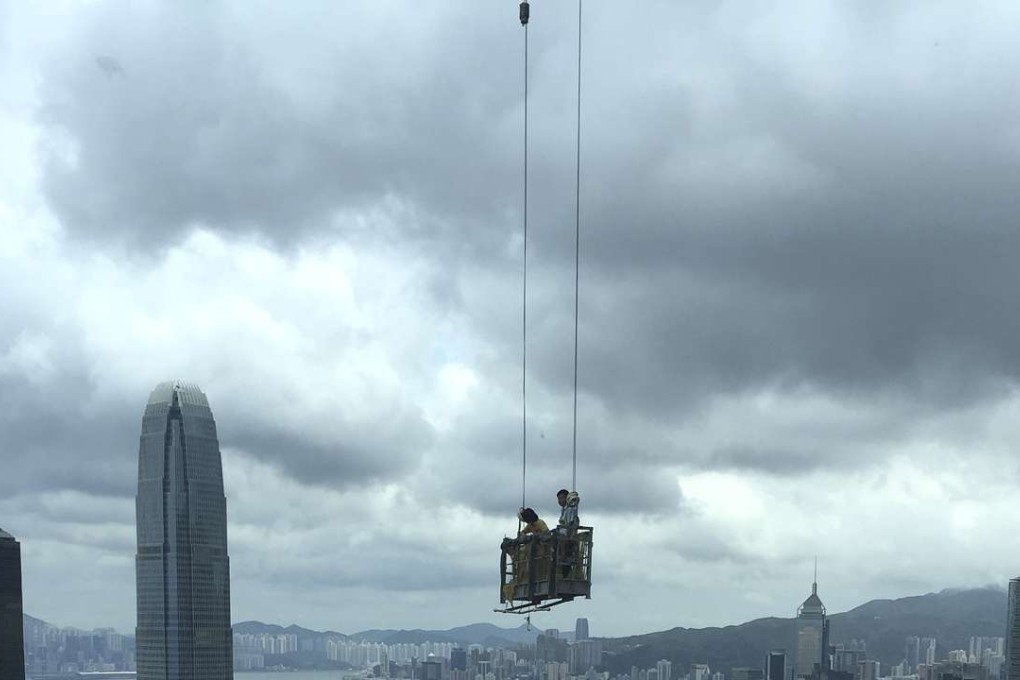Fever to turn industrial buildings into hotels subsides
Construction costs, fewer mainland tourists are factors.

Developers’ demand to turn ageing industrial buildings into hotels has gradually died. Only about 50 per cent of the approved projects are getting off the ground as the tourism market outlook worsens and construction costs soar.
Industry experts said owners of these industrial buildings will likely suspend or abandon their redevelopment plans if there is no overall improvement in the hospitality industry.
“At present hotel operators see a less favourable operating environment ahead and that will cause them to hold back their redevelopment plans,” Charles Chan, a managing director at real estate company Savills, said.
The soaring construction costs could also stall hotel investment, he said.
In total, 21 hotel redevelopment projects have been approved following the government’s six-year industrial revitalisation campaign which ended in March, according to the Development Bureau.
Among them, 10 are either under construction or have been completed, five had been scrapped for hotel purposes and the remaining six have been left untouched, according to industry experts. The five abandoned projects would have had 1,400 rooms.